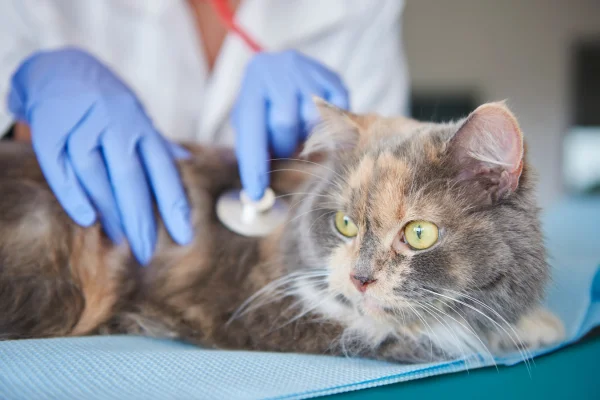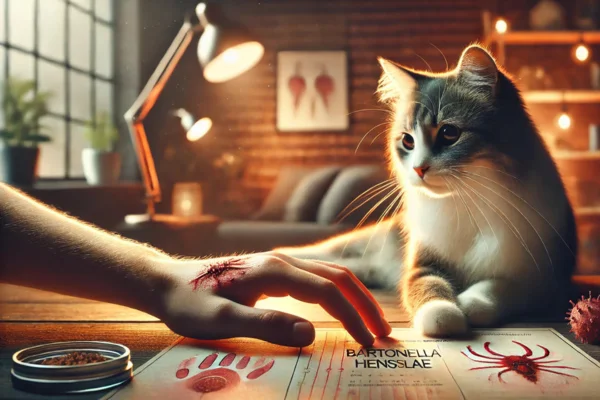Socializing Pets: Promoting Interactions.
Socializing pets is essential to help them adapt to different environments and interact positively with other animals and people. To begin with, it's important to expose your pet to social situations from an early age, such as walks in busy places or encounters with other friendly animals. This way, they will learn to behave appropriately and deal with external stimuli.
Another important factor in socializing your pet is interactive play. Games such as fetch or interactive toys encourage interaction, sharing and help strengthen the bond between pet and owner. These activities also encourage social skills such as patience, respect and cooperation, making your pet more sociable and adaptable.
Contents
Socializing your pet is very important to ensure that it develops in a healthy and balanced way. If you have a pet and want it to get along well with other animals, whether on the street, in the park or at home, this article is for you. Here, we'll provide you with valuable tips to help you socialize your pet effectively and safely.
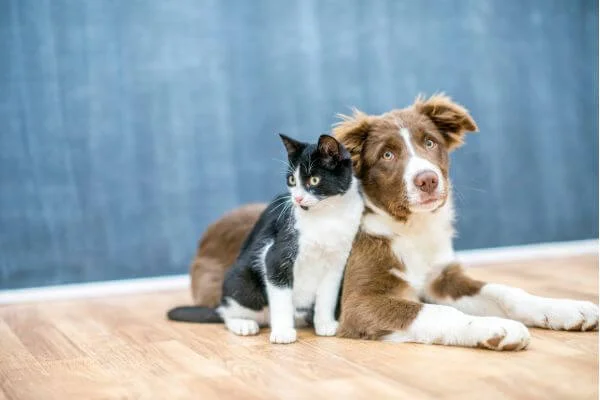
Start early and gradually
Socialization is a crucial process that should be started as early as possible in your pet's life. During the first few months, this is the time when their personality and behavior are forming.
It's essential to gradually expose them to a variety of situations, gently introducing them to other animals, people and environments. Start with brief encounters and gradually increase the time and complexity of interactions, providing relaxing and positive experiences.
By encouraging your pet to socialize, you are building a solid foundation for its healthy development and emotional well-being. Introducing your pet to different stimuli and contexts early on will help reduce the likelihood of fears and unwanted behavior in the future. Remember to move at your pet's pace, respecting its limits and providing positive reinforcement at every stage of the process. In this way, you'll be creating a welcoming environment so that they can adapt confidently to the world around them.
Smooth introduction: Tips on how to introduce a new pet to your pet
Before introducing your pet to other animals, it's important that they are familiar with basic commands such as "sit", "stay" and "come". These commands will help control your pet's behavior during social isolation.
Train these commands regularly, rewarding your pet with praise and treats when he performs them correctly.
In addition, it is recommended to supervise the initial interactions between the animals to avoid confrontation or tension. Use positive reinforcement, such as treats and praise, to reward friendly and calm behavior.
Gradually increase interaction time, providing moments of supervised play to strengthen the bonds between them. With patience and a careful approach, the harmonious introduction between the new pet and the existing furry companion can create a happy and healthy coexistence.
Extend your pet's socialization: Expose them to a variety of animals to promote healthy interactions
When socializing your pet, make sure you expose it to different types of animals. This includes not only dogs and cats, but also other safety animals such as rabbits, birds and even farm animals, if possible. The more variety your pet encounters, the more confident and adaptable it will behave in different situations.
To begin with, it's important to plan controlled encounters where the safety of all the animals is guaranteed. Start with brief introductions, allowing them to sniff each other and get acquainted in a neutral environment. Over time, gradually increase the duration and complexity of these encounters, always monitoring interactions to ensure they are positive and stress-free. The aim is to allow your pet to develop social skills, such as proper communication and respect for other animals' boundaries.
This exposure to different types of animals is extremely beneficial for your pet's emotional well-being. As well as improving their social skills, it can help to reduce fears and phobias, promoting a confident and calm attitude towards unfamiliar situations. Remember to always reinforce positive behaviors during interactions and provide a safe and pleasant environment. In this way, you will be contributing to the formation of a happy, sociable and adaptable pet.
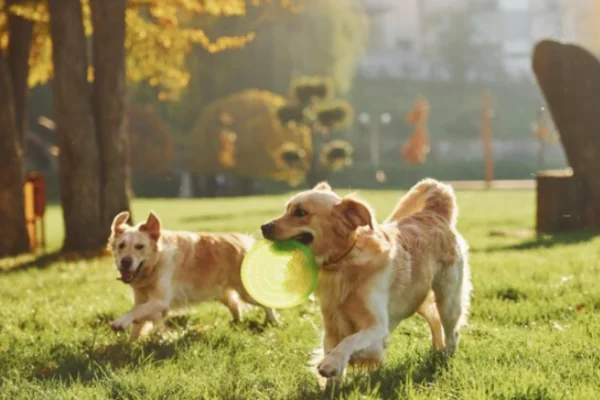
Use positive reinforcement techniques during socialization activities for pets
Using positive reinforcement techniques is a highly effective approach to training and educating your pet. By rewarding desirable behaviors with positive reinforcement, such as praise, treats or toys, you encourage your pet to repeat these actions. This reward-based approach strengthens the relationship between you and your pet, creating a positive and enjoyable learning environment.
When using positive reinforcement techniques, it's important to be consistent and specific. Identify the behaviors you want to encourage and reward them promptly. Also, establish a clear connection between your pet's action and the reward, so that he correctly associates the desired behavior with the gratification. Remember to avoid punishments and focus on positive reinforcement, highlighting your pet's correct attitudes.
As well as being an effective form of training, positive reinforcement contributes to your pet's emotional well-being. By being rewarded for their good behavior, they will feel motivated and valued. This strengthens the bond between you and helps to create an environment of trust and harmony. Remember to be patient and consistent when applying positive reinforcement techniques, allowing your pet to learn and develop in a positive way.
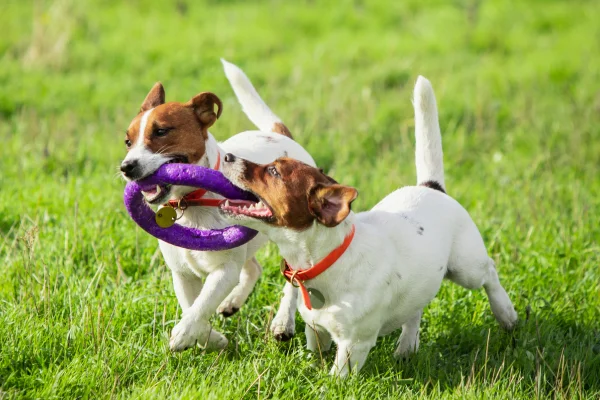
Consult a professional specializing in pet socialization
When it comes to your pet's health and well-being, consulting a professional is essential. Veterinarians specializing in animal behaviour are trained to provide personalized guidance and help resolve specific issues. By seeking the help of a professional, you will have access to specialized knowledge and effective techniques for dealing with your pet's behavioral problems or socialization challenges.
Professionals in the field can assess your pet's personality, health history and individual needs, offering suitable recommendations for successful socialization. They can provide personalized guidelines, adapted to your pet's characteristics, and help you create an efficient socialization plan. By relying on the expertise of a professional, you increase the chances of achieving positive results and providing a harmonious experience for your pet and the other animals or people with whom it interacts.
Throughout the socialization process, it is important to consult a professional whenever doubts or difficulties arise. Professionals have experience in dealing with a variety of situations and can provide valuable guidance. They can also help identify signs of stress or discomfort in your pet, offering strategies to help you deal with these situations. By seeking the assistance of a professional, you are investing in your pet's well-being and in building a healthy and balanced relationship.
Final considerations
In conclusion, pet socialization is a crucial aspect for the healthy and balanced development of our beloved companions. By exposing them to different types of animals, using positive reinforcement techniques, seeking professional guidance and following an appropriate plan, we are helping them to become confident, sociable and adaptable animals.
By socializing your pet, you are providing valuable opportunities for them to learn to interact positively and respectfully with other animals and people. This not only strengthens the bond between you, but also prevents behavioral problems, promotes emotional well-being and improves your pet's quality of life.
Remember that each animal is unique, and the socialization process can take time, patience and dedication. Therefore, it is essential to be consistent, use positive reinforcement techniques and seek guidance from a professional whenever necessary. With proper care and attention, you'll be helping your pet to become a happy, balanced and well-socialized furry companion.
Read Other Articles from our Blog
Thanks for stopping by, check out our other work too
https://cuidar.petlove.com.br/gatos
https://vettopbr.com/tosse-em-caes/

